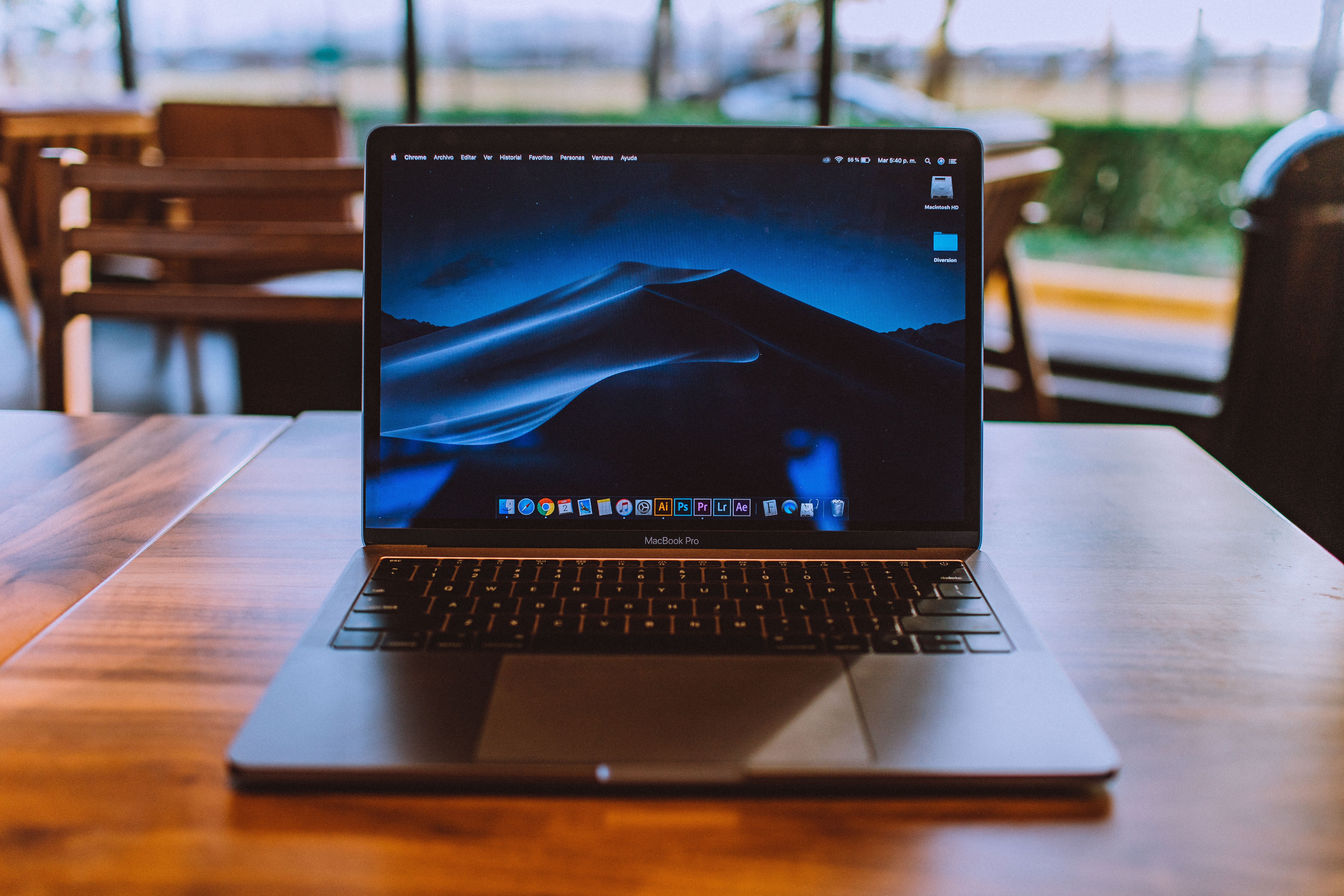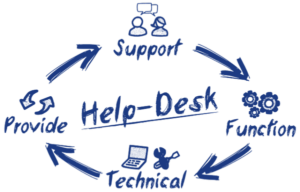Incessant pop-up ads and random system crashes are signs that you may need a computer virus removal service. One day your computer is working great, the next day it’s in critical malfunction mode. Maybe you clicked on a spam add, maybe you downloaded a suspicious plug-in. Regardless of how your computer caught a virus, it has to be addressed swiftly. In this article we will discuss how to identify symptoms, types of viruses, and most importantly, computer virus removal services.
What is a computer virus?
A computer virus is a malevolent software program that is capable of copying itself by inserting its code into the host computers programs. Computer viruses are created and released by humans and can continue to self-diffuse without human direction. The intention of a virus is malicious and they can cause detrimental damage. Some viruses cause damage as soon as their code is executed and others can lie dormant in your system until a specific moment in time. Viruses spread from one host to another by way of email attachments, disks, networks, or file- sharing. Viruses can be stealth and remain undetected from anti-virus software. In the case of contracting a virus, you need a computer virus removal service.
Does my computer have a virus?
The nature of a computer virus may vary, but they all have in common that they negatively affect your computer. Below are some signs that your computer may have a virus.
Pop-ups
Unsolicited advertisements on your screen are a telltale sign of a virus. Typically, pop-up ads occur when you open your internet browser. If ads appear and/or your browser is being redirected to an unwanted site, it is likely your computer is infected by a malware.
Slow loading
There is nothing more frustrating than a slow computer! If your computer is taking longer than usual to start up and your programs are taking a long time to open, you may have a computer virus. Be sure to close all your background programs and check the memory of your hard drive. These two factors can result in a slow-functioning PC. If nothing changes then you may have a virus.
System crashes
Is your computer crashing? Are programs opening and closing automatically? Is your screen freezing? Do you see an odd error message and is your computer shutting down for no reason? If you answered yes, you may have a virus.
Hard drive activity
If your computer is making continuous noises and you can feel the hard disk spinning but you don’t have any programs open, then your computer may have an infection. Your hard drive should not be visibly active if your computer is in sleep mode.
Suspicious emails from your account
If you are being notified that you have sent out confusing emails or instant messages that share a link or attachment, a virus may be attempting to spread by way of your accounts. If this is the case, you should change your passwords immediately because you may have a virus.
Overactive network
Some viruses have the capability to send information across an internet connection. Therefore, if your internet connection is very active when you’re not using it, it’s possible that a virus is at work.
Types of computer viruses
Viruses are the number one threat when it comes to your computer’s security. Viruses can destroy an entire program or system. They are widespread and can be used to give hackers unauthorized access to your private information. Below are different types of viruses that can affect computers.
Resident Virus
Resident viruses, like the CMJ, Meve, MrKlunky, and Randex viruses, live in your RAM memory. Your RAM memory is your random access memory. Resident viruses can interfere with normal system operations, files, and programs.
Multipartite Virus
A multipartite virus is very infectious, and spreads easily throughout your entire system. These viruses can affect both files and the boots sector of a computer. They can perform unauthorized actions in your system, folders, and programs.
Direct Action Virus
Direct action viruses attack specific types of files. Typically, they attack .exe and .com files, and their main purpose is to replicate and infect the kind of file they are attacking. These viruses are fairly easy to remove and are not as serious as other viruses because they do no affect your computer system.
Macro Virus
Macro viruses, like the O97M/Y2K, Bablas, Melissa.A, and Relax viruses, attack software that contains macros. They can affect the performance of the software they attack.
Overwrite Virus
The overwrite virus overwrites the content of a file and can affect folders, files and programs. You have to delete your infected files in order to rid your system of the virus, therefore, it is important to always back up your data.
Encrypted Virus
Encrypted viruses use secure codes that make them undetectable. These viruses decrypt themselves when they replicate- thus giving malware detecting software a chance to identify them. They can negatively affect computer performance.
Threats such as worms, adware, malware, Trojan, and ransomware are not technically viruses, but can have some of the same damaging affects. It is important to install an antivirus software and do regular scans of your computer to ensure your system is healthy!
Removing a virus
After recognizing the symptoms aforementioned and running your antivirus software, it appears you have caught a virus! There are a few steps you can take immediately, but the most affective method is to reach out to a computer technician, like the kinds at Rush Tech Support, to download a computer virus removal service.
Enter safe mode
If a virus has been detected, the first thing you should do is disconnect from the internet and then enter safe mode. Do this by turning your computer off and on again. Then, as soon as you see anything on the screen, press the F8 button repeatedly. This brings up the Advanced Boot Options menu. From there, choose Safe Mode with Networking and press Enter. The next step is to delete all temporary files using the disk cleanup tool on your computer. After you have taken these steps, you need to download a computer virus removal service to remove the malware.
Conclusion
If infected with a virus, you have to act fast! There are thousands of viruses out there- the easiest way to address them is by seeking remote support. It’s fast and simple and you won’t have to leave your location! For quick assistance at any hour, call Rush Tech Support +1 844-880-7874. Rush Tech Support will walk you through your concerns to find the computer virus removal service that is ideal for you.




